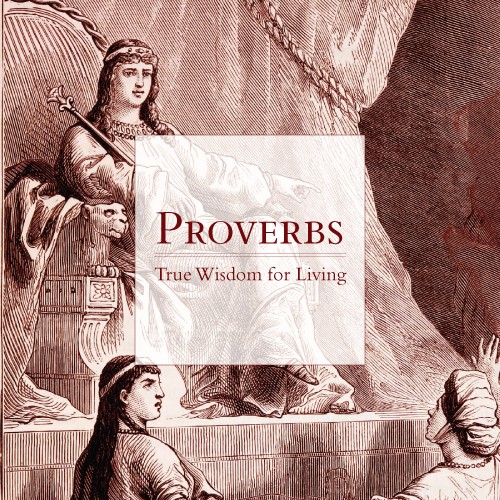
Sermon
Ministers and the People
Tim Keller | March 1, 1998
Overview
If you want to be an agent of reconciliation and change and healing in the lives of others, Paul says something that applies to us all.
Paul says the essence of his ministry was this: “become like me, for I became like you.” There are two sides to that sentence. Only by the power of God can you do both. But if you can do both, you can change people’s lives.
Here’s what you need: 1) you need ministers, 2) you need the kind of ministers who understand the gospel, and 3) you need ministers who labor until Christ is formed in you.




